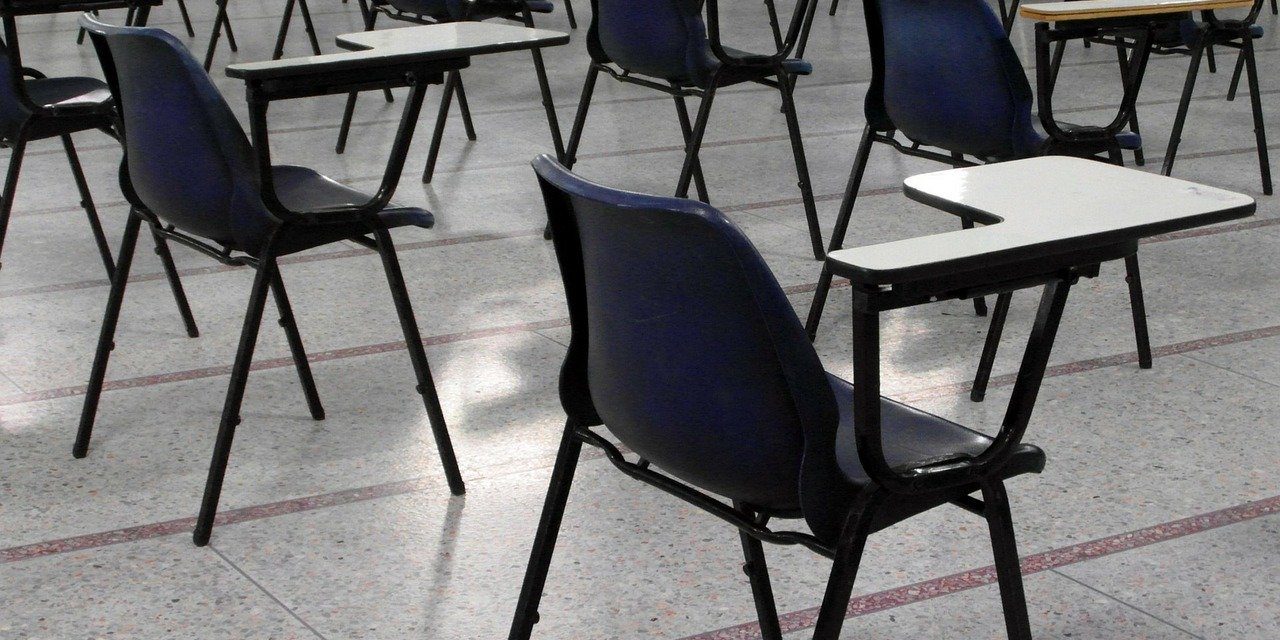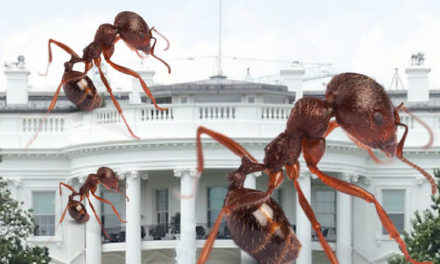Imagine if real life was run like the media expects politicians to behave?
‘I’m sorry darling I made a mistake when painting the living room and the line between the ceiling and the wall is a bit messy. Oh, and I may have forgotten to worm the dog.’
‘Well that’s not good enough honey-bun, both myself, the children and the rabbit want to know why you have not offered your resignation and we are going to keep on asking you every few minutes until something else bad happens and we can demand someone else’s resignation instead,’ etc.
When you have a government as seemingly-inept as the one currently tripping over itself every weekend in the UK, it’s easy to wonder why any of them are still in position. But the reality is, of course that
- The particular minister for any given department is simply a spokesman, not an expert in their subject or even the person who actually makes the decisions
- The best thing to do when something goes wrong is not just to sneer and hand out blame, but actually do something about it, using the things you just learned from what went wrong
Big business (and small business too, come to think of it) is fond of the buzz-words ‘Fail Fast’ right now. Beneath the slightly macho messaging is a sensible idea though that it’s better to try something and learn from the results to make a better version 2,3 and beyond than it is to either procrastinate and never start or simply plough-on with a failing strategy before making an enormous U-Turn, which funnily enough is exactly what most governments do.
There are plenty of examples of companies adopting this philosophy and doing it well. Equally, there are many more businesses that talk-the-talk but aren’t quite bold enough to hold their nerve and actually make it their culture rather than an experiment to placate an expectant board of directors.
The Covid-19 pandemic has been a fascinating opportunity (and I say this, while clearly recognizing that it has mostly been a horrific health, economic and social nightmare for many hundreds of thousands of ordinary people with no way to influence anything) for politicians and leaders to change how they govern. Six months in we know more than we did, but the global, definitive data is still being gathered and analysed and we are still seeing decisions made and messages broadcast on-the-hoof, based on political needs rather than accurate and believable health information.
One really interesting example of how we might have used the pandemic to change things for the better has been the recent school exam and qualification mess-up in the UK. Schools were closed and exams were cancelled early in the pandemic and it was decided that pupils’ grades would be decided by their teachers. So far, so good. When the assessments started to come in there was concern that the predicted grades were higher than previous years scores and, in the end, the final post-U-turn awards for GCSEs were ten per cent higher on average than previous years.
This was seen as a failure and a problem and a raft of politicians and experts were rolled out in the media, most of whom began their commentary by saying something like, ‘Of course we know that exams are the best way of measuring ability.’
Can I stop you there minister? What if the reason that 2020’s teacher-awarded grades were higher was because ten per cent of pupils didn’t get to the exam room this year and choke with anxiety? What if it turns out that our children are actually ten per cent better than examination results suggest because in the 21st century sitting in a silent hall trying to remember a million facts that you failed to cram into your brain while sharing a bedroom with your 11 year-old brother playing Call-of-Duty might not be the best way to measure a person’s potential in a way that can direct how much of their future will pan out?
Ask yourself this, if you were going for an important promotion at work would you prefer to have the decision made by those who know you best, based on your performance in your current role for the last five years or a third-party assessment in a glorified half-day winner-takes-all quiz with everything riding on it? When we talk about the concept of ‘failing-fast’ the truth is that the whole idea still goes back to those nightmare days of exams where ‘failing’ meant the end of a dream with no going back. When I worked in science we never acknowledged the term – we didn’t fail we just didn’t get the result we expected and the exciting bit was working out what had actually happened. Imagine if we took the same approach to life?
The biggest mistake made in the exam debacle was failing to recognise the opportunity to assess what happens when you don’t have exams and compare the results with a system that doesn’t fit in the world we inhabit today. That was what the politicians got most wrong.
And, once we’d understood that, perhaps we should have asked them what they are going to do about it rather than yell for their resignation. Look at it this way – Gavin Williamson might not appear to be the best Education Secretary we’ve ever had, but just imagine how feckless the second-best choice must have been for him to have got the job. Be careful what you wish for and be glad that it is no longer Michael Gove.
Having your grades awarded by your teacher – a professional, highly-trained educator that knows you well and watches your development over five years – as opposed to your performance on one specific morning has got to be a better way of assessing the talents and potential of our future generations, but no-one in authority is prepared to consider that.
Maybe as a first step they start dropping exams from universities – an environment where the students are there because they choose to be and, you would assume are interested in the subject and wanting to put in the effort.
The point here is that in a pandemic there are many decisions made that have never been made before and they represent an opportunity for change that we wouldn’t have had otherwise. Some will be good decisions and some will be bad. When we realise we got it wrong, the most important thing is that we look at what we learned and use the information to make a better decision next time. That’s what actually matters and it’s a decision for the Government as a whole, not just the current encumbent of the chair marked ‘education’.
And in our daily lives the same applies. When I forget to ring the vet or burn the garage down (again) the most important thing is that I understand what happened and do it differently next time. If my partner felt the need to replace me every time I did something stupid she’d be on husband number 16 by now and I’d be as desirable on the dating apps as Chris Grayling (because there’s always an exception to the above) in a reshuffle.
And of course, it could be worse. At least the current cowardly ‘it wasn’t me’ mondset has meant that in the recent lava flow of ministerial disaster, the senior leaders of the Government have been keeping their heads down. And anything that keeps the aforementioned MR Gove and Ian Duncan Smith off the telly has got to be worth the pain.










